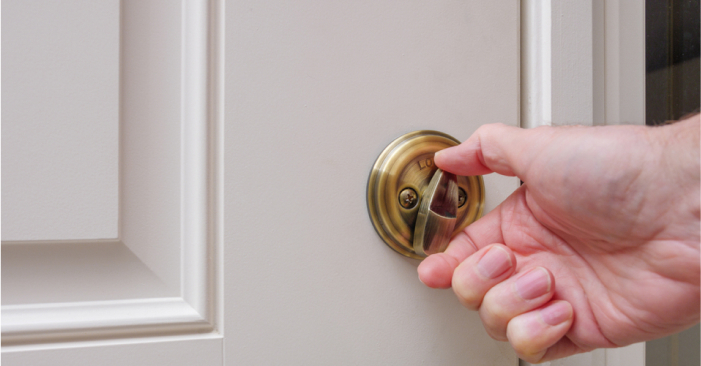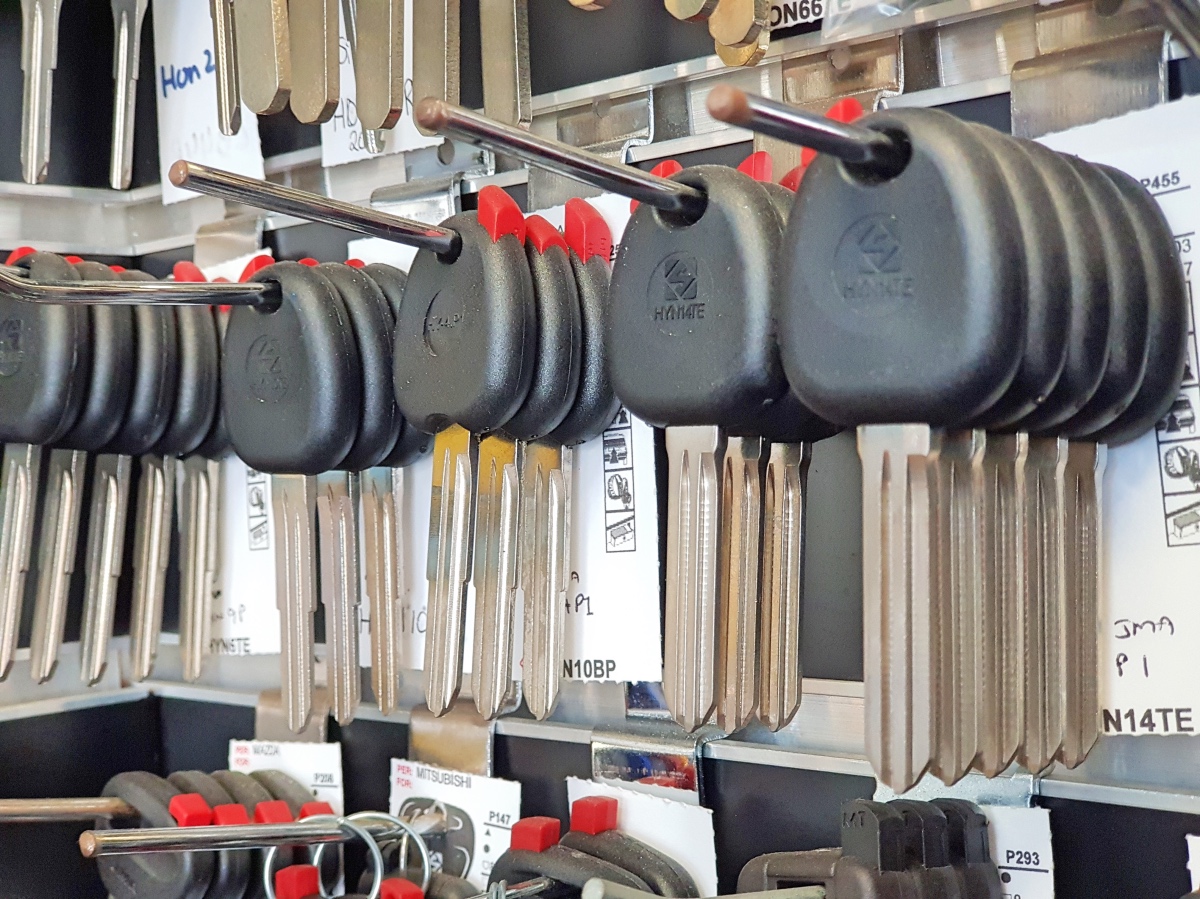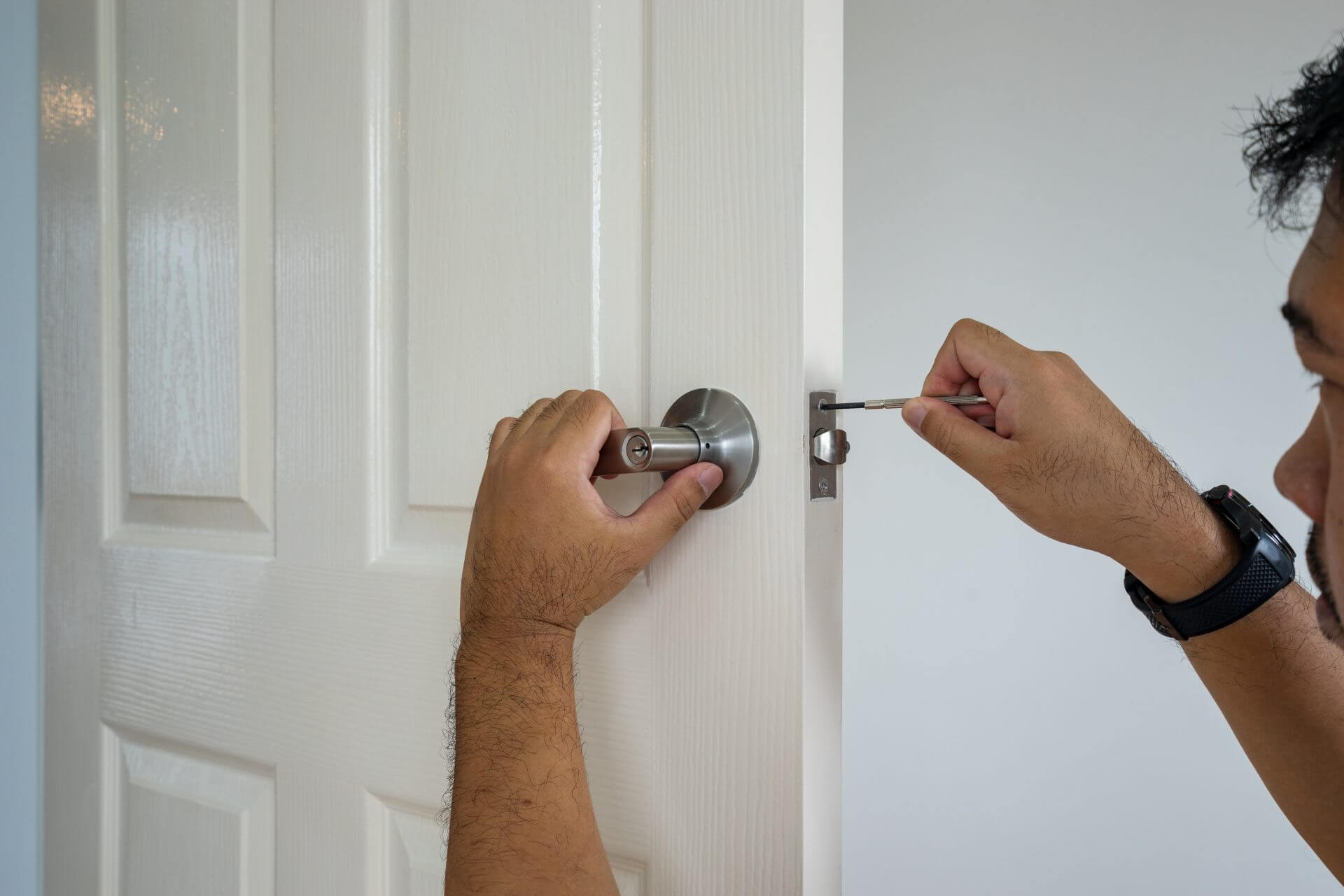Navigating the world of ANSI lock grades can feel like decoding a secret language. But don’t worry, you’re not alone in this maze. This guide will arm you with everything you need to understand and choose the right ANSI grade for your locks.
We’ll break down the basics, decode different grades, discuss their importance, and guide you through the selection process.
Let’s unlock this mystery together!
Understanding the Basics of ANSI Lock Grades
You’re about to dive into the basics of ANSI lock grades, and it’s simpler than you might think. The history of the ANSI Grading System is a tale of evolving security measures. It began as an attempt to standardize lock quality across the board, making it easier for consumers like yourself to understand what they’re buying.
The lock component’s significance cannot be overstated in this system. Each element – from the key, cylinder, to bolt – plays a crucial role in determining a lock’s grade. These are rigorously tested for durability and strength against attacks or forced entries.
So next time you’re shopping for locks, remember: understanding ANSI grades isn’t just smart; it’s essential for your safety too. You’ve got this!
Decoding the Different ANSI Lock Grades
Deciphering the various levels of security measures can be a real challenge, but don’t worry, we’ll break it down for you. From a locksmith’s perspective, ANSI grades might seem complex. Here are some common misconceptions:
- Grade 1: This isn’t just for commercial use; it’s also fantastic for residential areas desiring higher security.
- Grade 2: Don’t assume this is sub-par because it’s not Grade 1. It suits most home environments perfectly.
- Grade 3: This grade may be lower but it still meets basic security needs.
- The Higher, The Better: Not necessarily! Your choice should reflect your specific security needs.
Remember – understanding these from a locksmith’s perspective can help dispel some ANSI misconceptions and guide you in making an informed decision on lock purchases!
Importance and Implications of ANSI Lock Grades
It’s vital to realize the implications of different security levels when selecting a lock system for your home or business.
ANSI grade durability is an essential factor to consider because it provides you with information on how well a lock can withstand repeated use and potential abuse.
In contrast, lock grade safety gives you an idea of how secure the lock is against attempts at unauthorized entry. Don’t underestimate these two aspects; they’re crucial in determining overall protection.
A high-quality ANSI graded lock offers both excellent durability and superior security. Therefore, understanding these grades isn’t just about choosing a reliable lock; it’s about ensuring peace of mind knowing that your property is secure.
Also Read: Best WiFi Deadbolt Smart Locks That Offer Remote Access
Navigating the Process of Choosing an ANSI Lock Grade
Navigating through the process of selecting the right level of security for your home or business doesn’t have to be overwhelming. With some insights into lock installation techniques and grade-based pricing, you’ll feel more confident.
- Understanding ANSI Grades: Don’t let jargon intimidate you. Grade 1 offers top-level security, while Grade 3 provides basic protection.
- Lock Installation Techniques: You might think it’s rocket science but it’s not! Skilled professionals can install higher-grade locks without causing damage.
- Grade-Based Pricing: It simply means you pay for what you get—higher grades cost more but offer superior security.
Tips for Maintaining Locks Based on Their ANSI Grades
Maintaining your security system properly isn’t just about getting the highest level of protection, but also ensuring that this protection lasts for a long time. The lock lifespan and key durability are two crucial elements to consider. When you’ve chosen an ANSI graded lock, you’re investing in quality and longevity. But don’t overlook maintenance. A well-kept lock can outlive its expected lifespan.
Regularly clean your locks to avoid jamming or sticking keys. Don’t use force when unlocking; it reduces key durability. Lubricating the lock mechanism annually helps too. Make sure you’re using the correct grade oil recommended for your specific ANSI grade lock to ensure optimal functionality and increased lifespan.
Always remember, proper care equals prolonged security.
Frequently Asked Questions
Q: What Is the History and Origin of ANSI Lock Grades?
A: You’re asking about the origins of ANSI lock grades. They’ve evolved over time for better security standards, involving international comparisons. Historical context enhances understanding of their current grading system’s effectiveness and reliability.
Q: How Does the Price Vary Between Different ANSI Lock Grades?
A: As the saying goes, “You get what you pay for.” The price of different ANSI lock grades varies. Higher grades cost more because they’re a better lock grade investment with improved price functionality balance.
Q: Are There Any Notable Brands or Manufacturers That Specialize in Certain ANSI Lock Grades?
A: When comparing lock durability across brands, you’ll find that manufacturers like Schlage and Yale specialize in high ANSI-grade locks. These grades significantly impact the lock’s maintenance and overall longevity.
Q: What Are Some Common Problems or Issues That Could Occur With Different ANSI Lock Grades?
A: You might face issues like decreased durability and increased maintenance with lower ANSI grades. Grade Durability Analysis helps identify these problems, and Lock Maintenance Tips can assist in preventing them.
Q: Can ANSI Lock Grades Be Used in Combination With Other Security Measures for Added Protection?
A: Absolutely, you can use ANSI lock grades in combination with other security measures. Lock pairing strategies differ for residential versus commercial use, but both benefit from added layers of protection.
Conclusion
So, you’ve journeyed through the world of ANSI lock grades. Picture yourself now, confidently decoding those cryptic numbers and letters on locks. You understand their significance and how they shape your security choices.
Remember, keep up with regular maintenance of commercial locksmiths to ensure your lock’s longevity. It’s not just about choosing a high-grade lock, it’s also about preserving its strength over time!
Contact Fast Response Locksmith for quality services.




